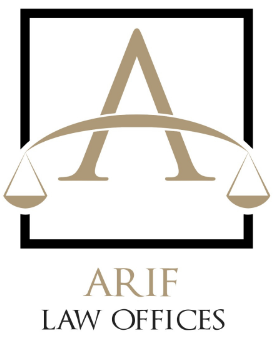For entrepreneurs and investors looking to establish a presence in the United States under an E-2 visa, understanding tax obligations is crucial. The E-2 visa, a non-immigrant visa, allows individuals from treaty countries to enter the USA for the purpose of developing and directing a business in which they have invested a substantial amount of capital. While this visa offers flexibility for business operations, it also carries specific tax responsibilities that visa holders must navigate.
Tax Residency and Filing Requirements
E-2 visa holders are considered non-resident aliens for tax purposes unless they meet the substantial presence test, which determines tax residency based on days physically present in the USA. Non-resident aliens are generally taxed only on income from US sources, such as wages earned within the country, business income derived from US operations, and certain investment income.
Reporting Income and Paying Taxes
E-2 visa holders must report all income earned within the USA to the Internal Revenue Service (IRS) by filing an annual tax return. Income can include wages, self-employment income, rental income, and other types of income sourced within the USA. Non-resident aliens typically use Form 1040-NR or Form 1040-NR-EZ to file their tax returns, depending on their specific income sources and deductions.
Social Security and Medicare Taxes
E-2 visa holders are generally exempt from paying Social Security (FICA) and Medicare taxes (Medicare part A) on income earned while working under the visa, provided they do not meet the substantial presence test and are considered non-resident aliens for tax purposes. However, they may still be subject to US federal income tax withholding on wages, depending on their employment status and specific circumstances.
Tax Treaty Benefits
Many countries have tax treaties with the USA that may affect how income earned by E-2 visa holders is taxed. These treaties often provide provisions for reducing or eliminating double taxation on income earned in both countries. Understanding the provisions of the tax treaty between your home country and the USA can help optimize tax planning and compliance.
Compliance and Professional Guidance
Navigating US tax laws and regulations can be complex, especially for non-resident aliens under the E-2 visa program. Seeking professional guidance from tax advisors or certified public accountants (CPAs) with expertise in international tax matters can ensure compliance with IRS requirements, optimize tax filings, and mitigate potential tax liabilities.
Conclusion
As an E-2 visa holder, understanding your tax obligations is essential to maintaining compliance with US tax laws and maximizing your business’s financial health. By recognizing tax residency rules, reporting income accurately, leveraging tax treaty benefits when applicable, and seeking professional guidance, E-2 visa holders can navigate their tax responsibilities effectively.
For comprehensive support and guidance on tax obligations for E-2 visa holders, visit MoveToUSA Today to explore how our expert services can assist you in achieving compliance and success in your US business endeavors.

ARIF LAW OFFICES, P.C.
U.S. and France Immigration Law Offices
global immigration solutions for France and the United States
Arif Law Offices, P.C. © 2025 All Rights Reserved
Developed by OM Media
